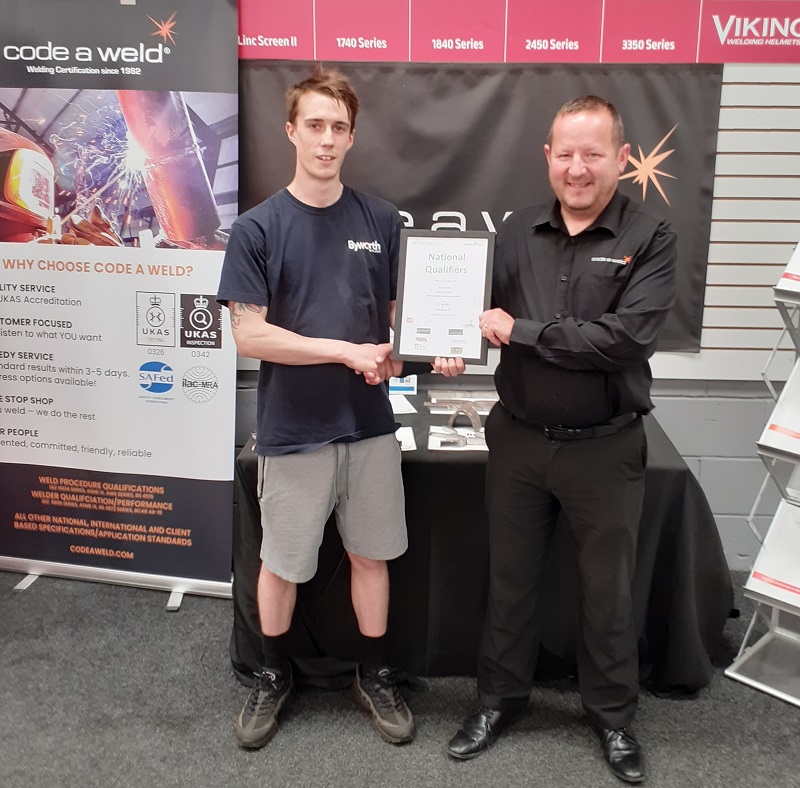Major milestone for our new Engineering Hub
Building work on our brand-new manufacturing and engineering hub has been completed.
The project is part of the wider, £12 million creation of Providence Park, a new industrial site being built on the corner of Dalton Lane and Bradford Road.
Providence Park is being part-funded, to the tune of £6.5 million, through the Government’s Keighley Towns Fund – and £3 million of that was used to produce Keighley College Engineering Hub.
The facility has been designed to take the training of local apprentices and students to the next level, so it can meet the rapidly evolving skills needs of local employers.
We are now busy kitting out the building with cutting-edge equipment – including a future technologies lab and engineering workshop – ahead of welcoming the first students in September.
Building on the district’s proud heritage

Principal Kevin O’Hare said: “This is a major milestone for the college, Providence Park and Keighley – and could be a real game-changer for our district and its economy.
“We are privileged to be based in an industrial heartland that continues to build on its proud history, with many of our employers forging ahead into exciting new areas of manufacturing, engineering and technology, including robotics.
“For those businesses to flourish, though, they need a steady stream of apprentices and students who have industry experience and the up-to-date skills needed to join and strengthen their workforce.
“That’s exactly what the engineering hub has been created to help us deliver – and we’ll be strengthening our already deep bonds with the district’s businesses as we develop our offering there, and work together on apprenticeships along with industry placements for our vocational students.
“We can’t wait to show employers, and our learners, around these cutting-edge new facilities which we are delighted to be opening this year, as the college celebrates its 200th anniversary.”
Employment and skills boost
Bradford Council’s Lead Member for Regeneration, Transport and Planning, Councillor Alex Ross-Shaw, was keen to point out the wider benefits.
He said: “Alongside the new state-of-the-art manufacturing and engineering hub, Providence Place is also home to five new buildings housing 23 industrial units. We expect about 100 jobs will be created in total across the whole site.
“Keighley has always had a proud manufacturing and engineering heritage. Its Engineering Hub will enable local people to learn highly-specialised skills and create employment opportunities for the future.”
An incredible opportunity
Keighley Towns Fund Chair, Tim Rogers added: “The creation of the Engineering Hub, in partnership with Keighley College, represents an incredible skills and training opportunity for the town.
“We are proud of what is being achieved at Providence Park, which is a really exciting commercial development for Keighley, and the opportunities it will create for generations to come.”
The hub will be able to train up to 120 students or apprentices, plus staff, at any one time. The building’s lower floor will include a fully kitted-out engineering workshop, complete with lathes and milling machines.
The upper level, meanwhile, will have a future technologies lab fitted out with a laser cutter, printing machines and testing equipment, along with two IT rooms and a teaching space.

